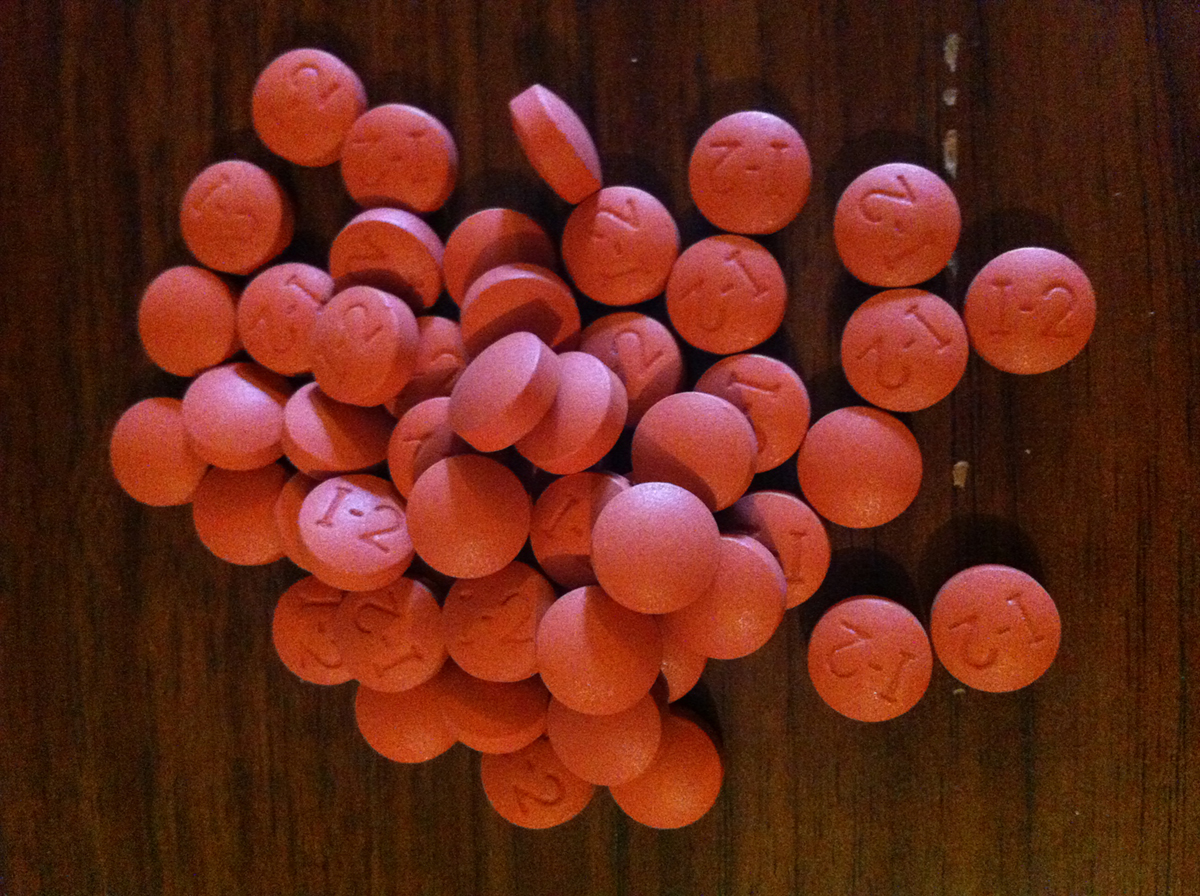
Parents are often confused about the measures they should take when their child has a fever. However, to treat a child properly parents should understand that fever means elevation of bodily temperature above the normal range of 98–100 °F. As child’s temperature grows, there is, commonly, a sense of cold despite an increasing body temperature. Once the new temperature is reached, there is a sense of warmness.
Fever explained
Parents should understand that fever occurs as a reaction of body’s immune system to neutralize a bacterial or viral infection. A choice to call a doctor as soon as the temperature starts to rise is good, because it points out to diagnosing the underlying cause of fever. However, that doesn’t mean parents should try to bring the bodily temperature down. Except the extremely high temperatures, treatment to reduce fever is often unnecessary. On the other hand, most pediatric practitioners agree that managing a temperature in sick child may be advisable in order to make child more comfortable.
When to consult a doctor
Usually fever doesn’t require a medical care. However, parents should consult a doctor if their child keeps crying, is confused or delirious, has a stiff neck, has difficulty breathing, has persistent vomiting or diarrhea, has had a fever for more than 72 hours. In some rare cases, fever may stay for a couple of days and the suddenly drop leaving a rash on child’s body. It is a harmless disease called roseola, caused by high fever. Febrile Seizure
A febrile seizure, also known as a fever fit or febrile convulsion, is a seizure triggered by a significant rise in body temperature. It occurs in about 1 child in 25, and in some cases, the child falls into unconsciousness. Other seizures can bear a resemblance to an epileptic attack. Parents should immediately seek medical help if any type of seizures occurs. However, parents should learn how to react when the seizure begins and help prevent the worse: Parent should turn child on his side and make sure child can breathe. This will prevent saliva or vomit to block the windpipe. Parent should move harmful objects out of the way. Parent shouldn’t be afraid that child may swallow his tongue. It won’t happen. It is more important not to force opening the mouth. If seizure lasts less than 10 minutes, parent should call the doctor as soon as the seizure ends. If the seizure lasts more than ten minutes parent should get child to a hospital where he can receive anti-seizure medication.
Treatment
Antipyretic medications, ibuprofen and acetaminophen, can be effective at lowering the temperature, which may help the child get better. Parents should always check the wrap up instructions for the right dosage.
Parents may give their child a lukewarm sponge bath for 15 to 20 minutes. Evaporating water should cool the body, and help to bring down the fever.
Parents should be aware that water mustn’t be too cold because that might cause child to shiver and thus even increase the body temperature.
Alcohol, once used for rubbing, can also cause this kind of damage because it provokes shivering.
Increased intake of fluids is recommended because child with fever breathes faster and thus loses extra fluid. An excessive fluid loss may also be caused by diarrhea. Any kind of liquid food or beverage is good with exception of colas, tea or coffee.
Clothing should be light to prevent overheating, and child should stay at home as long it takes to recover. A child can return to school after his temperature has been normal for 24 hours.




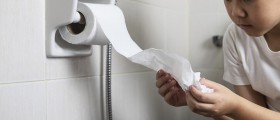
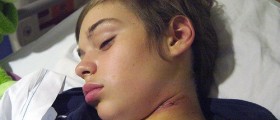
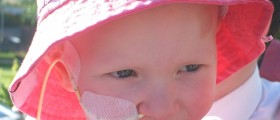

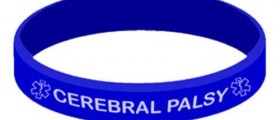
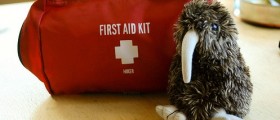


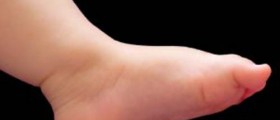




Your thoughts on this
Loading...